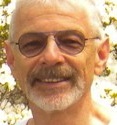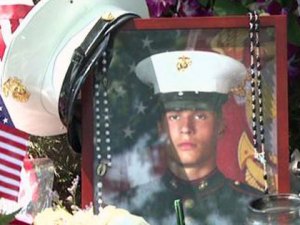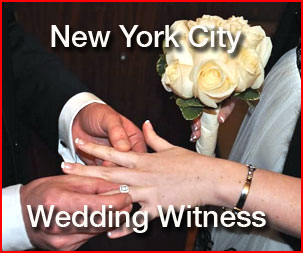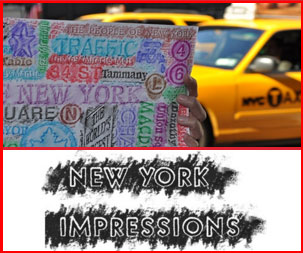In New Orleans, the dead are celebrated each year on All Soul’s Day, when families bring yellow chrysanthemums to cemeteries and white-wash tombstones. In Boston, it was the funeral, not the wedding, that was traditionally considered the greatest family event, and Boston Brahman families would plan them years in advance. In New York however, death is often an awkward blip in the manic aliveness of the city.
Despite this mania, I was struck by the death of Greg Buckley, Jr., the 21-year-old lance corporal killed in Afghanistan last week. He was one of three marines killed by an Afghan police officer at a military base in the Helmand Province. The Pentagon reported that the three men were killed while exercising. Greg had been scheduled to go home to Oceanside, Long Island, for a visit only a few days after his death. The most disturbing images were of Buckley’s father, hammered with the same kind of noble grief that Priam faced when he lost Hector and had to bargain with Achilles for the return of his son’s body. In war, death is not unexpected. All the processions, uniforms, and speeches in the world can’t change that fact.
As a poet, and with the meager tools that poets possess, I wrote a piece for Greg. I hope it doesn’t upset his family that a 65-year-old gay man in the Bronx wrote a poem for their loved one. My hope that this poem will be still and steadfast, even as New York continues to move at a frenetic speed around it.
Greg Buckley, Jr: 21-Year-Old Marine Lance Corporal Murdered in Afghanistan
You died for a lie: that you were
protecting your country. Your
beautiful presence
will no longer shimmer among us.
The songs that you loved will dim
their meanings in your absence.
Your friends will swear they will not
forget you, but they will the way
the war dead are forgotten as the
living go on,
pacing in their everyday life,
fretting about the price of gas,
the price of boredom and of poverty,
while you will be this mystery,
this vacuum borne by your parents
on a raft of dreams and tears,
and moments
of such weakness that their faces
will be unwilling even to enter sleep,
to find shelter in the distance we run from
a gun pointed at history, like the weapon
that took you away,
fired by someone whose face
you knew.
August 19, 2012
Bronx, New York
 Perry Brass’s latest book, King of Angels, is a gay, Southern, Jewish coming-of-age novel set in 1963 Savannah, Georgia. Each month, Perry writes about politics, love, lust, and the human condition in his column “The Wisdom of Desire.” For more on Perry, check out his website HERE.
Perry Brass’s latest book, King of Angels, is a gay, Southern, Jewish coming-of-age novel set in 1963 Savannah, Georgia. Each month, Perry writes about politics, love, lust, and the human condition in his column “The Wisdom of Desire.” For more on Perry, check out his website HERE.











